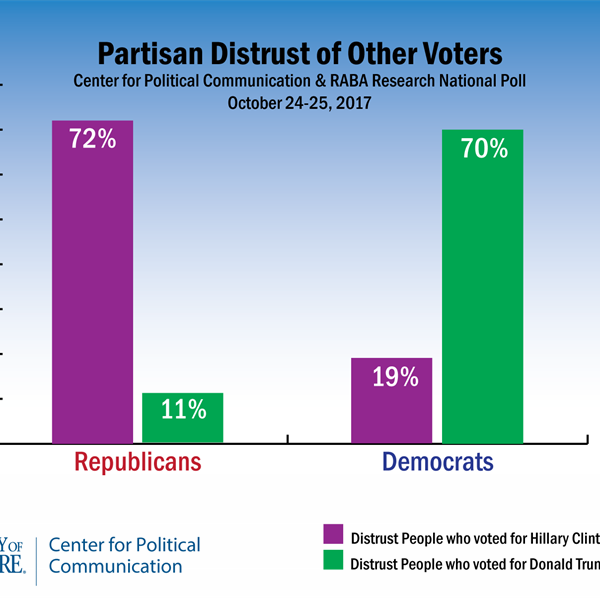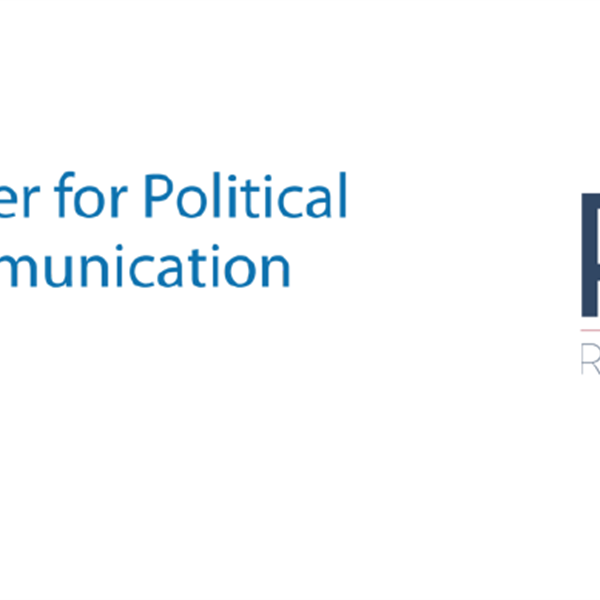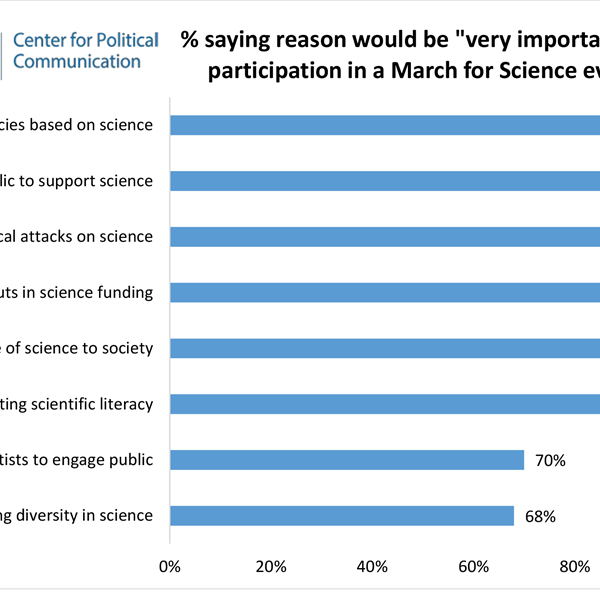Faculty in the College of Arts & Sciences pursue collaborative research agendas linked to political communication. They focus undergraduate students’ attention on the symbiosis between politics and communication, with special emphasis on digital technology’s growing role in campaigns and public policy debates. Faculty affiliated with the Center for Political Communication regularly conduct cutting-edge research through national and statewide public opinion polls. Studies sponsored by the CPC have received coverage in a wide range of news outlets, including the Atlantic, the New York Times, the Washington Post, USA Today, US News & World Report, the Wall Street Journal, Slate, and Wired.

Partisan Distrust of Other Voters
In the second nationwide poll conducted for the University of Delawares Center for Political Communication (CPC) exploring the divides facing Americans today, a large majority of respondents carry a deep level of distrust for virtually every governing, media, and political institution in America.
Researcher(s):
Hoffman, Dr. Lindsay, Brewer, Dr. Paul R.

Survey: Majority of Americans say Muslims are more “Them” than “Us”
A new University of Delaware Center for Political Communication/RABA Research national poll found that nearly three-fourths (71%) of Americans surveyed view Muslims as being more “them” than “us.” Additionally, 69% of those surveyed do not believe Muslims are part of mainstream society. The findings illustrate the divide on issues related to the religion of Islam and Muslims in America today. The results underscore that there is confusion and lack of understanding when it comes to Muslims. Only 44% of those surveyed could say they personally knowsomeone who is Muslim, and 53% say they are “not familiar” with the religion of Islam.
Researcher(s):
Brewer, Dr. Paul R., Hoffman, Dr. Lindsay

March for Science participants seek evidence-based policies and public support
Encouraging science-based policies and defending science from political attacks are strong motivators for March for Science participants, according to a new University of Delaware Center for Political Communication survey. The study, conducted from March 31 to April 18, surveyed 1,040 members of March for Science Facebook groups or pages about their reasons for marching in April 22 events across the United States and around the globe.
Researcher(s):
Brewer, Dr. Paul R.
